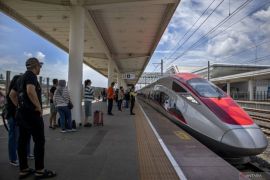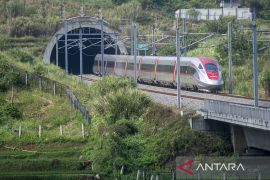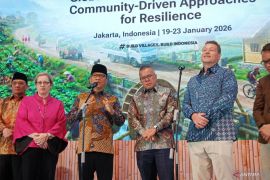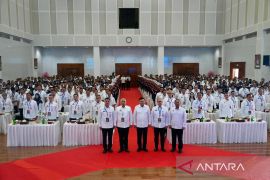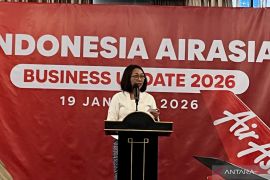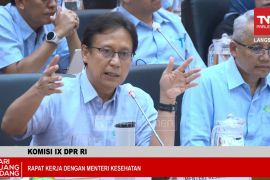"The construction of the high speed train line, if realized, must not be completed using APBN funds or have any dependence on APBN," he said on Thursday.
This condition must be considered before the government chooses a qualified investor to build the project, he stated.
The Coordinating Minister for Economic Affairs, Darmin Nasution, had said earlier that the recommendations for the high-speed train project, which Japan and China are vying to develop, have been finalized and have been reported to President Joko Widodo.
"We have completed the recommendations and will be reporting them to the President on Thursday," the minister had stated after a coordination meeting to discuss the continuation of the high-speed train project on Wednesday night.
He remarked that the recommendations were finalized following a report submitted by the Boston Consulting Group (BCG) regarding some aspects on the assessment of the infrastructure project.
The minister had also highlighted four factors concerning the assessment of the fast-train project: the commitment and the risk to be borne by the government; technological aspects; the socio-economic impact; and the project plan itself.
These factors would be taken into consideration while deciding which investor will work on the project, he claimed.
Nasution explained that the assessment conducted by the BCG had revealed that Japan was at an advantage in terms of high-speed train technology, while China had an edge in terms of socio-economic impact.
He noted that the evaluation of the differences in the project proposals submitted by Japan and China will be reported to the President before a decision is taken regarding the construction of a high-speed train link connecting Jakarta and Bandung.
"We will report it to the President, but we are unsure if the head of state will arrive at a decision on it right away or will wait for a day or two," Nasution stated.
The high-speed train project, which is believed to be similar to the Shinkansen trains operating in Japan at speeds of 300 kilometers per hour, will serve the Jakarta-Bandung route.
However, Japans feasibility study document said the high-speed train will also connect Jakarta and Cirebon, as well as Surabaya, East Java.(*)
Editor: Heru Purwanto
Copyright © ANTARA 2015
